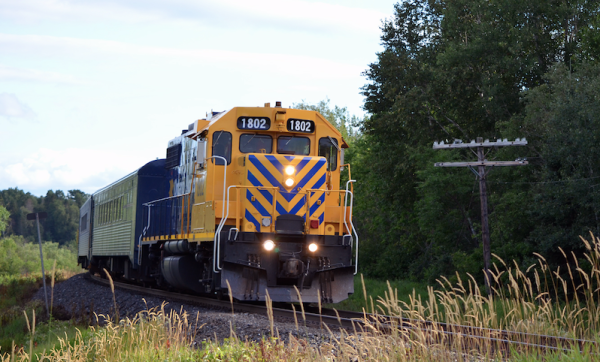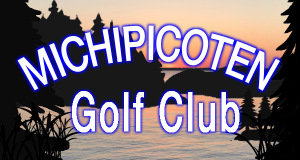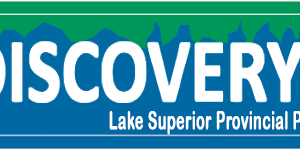Two steps forward, one step back. That’s how I’d describe the process of getting the Northlander once more on track.
For nearly six years, the Ford government repeatedly stated they’re bringing back passenger rail to north-eastern Ontario. Political promises aplenty, the Tories haven’t exactly gotten the job done during their first term.
Metrolinx and Ontario Northland (ONTC) eventually completed initial and updated initial business cases, track audits, as well as purchase new rolling stock.
Feedback was also received on the type of service passengers want and on the new Timmins-Porcupine Station design.
They’re currently working on building station shelters elsewhere along the route.
The government claims the Northlander will fundamentally shift how people move across the province by creating a more connected, integrated transportation network once re-launched.
Will it happen before the next provincial election? We’re two years removed and still in the public engagement stage of planning.
If you ask me, the jury is still out on whether this train will be designed with ordinary people in mind.
The previous Northlander had its shortcomings:
- Inconvenient schedules ― night-time arrivals and early morning departures in Toronto ― made trip planning more difficult and expensive.
- Non-existent rail-bus connections ― e.g. between Washago Station and the nearby cities of Barrie and Orillia ― rendered last-mile travel complicated.
- Routine delays ― sometimes exceeding many hours ― turned away potential riders.
It shouldn’t take a master’s degree to understand basic transportation fundamentals: make it regular, easy to use, reliable, affordable and comfortable.
Governments who fail to learn from the mistakes of their predecessors are destined to repeat them.
Inconsistent policies
Northerners are getting the short end of the stick after the province introduced a fare integration program between GO Transit and a dozen municipal transit agencies around Greater Toronto.
Presto Card holders who complete a trip on GO, can finish the last leg of their journey free of charge on municipal busses, streetcars and subways. Ontario Northland customers don’t benefit from this incentive.
In rare instances where a similar arrangement exists in Orillia, travellers pay an additional fee on top of their purchased ticket; whether or not they use local transit.
Considering fare evasion is widespread across GO’s network ― up to $15 million in lost revenue annually, it’s ironic that Northerners pay out-of-pocket to use public transportation.
It seems hypocritical that while tax-payers across the province subsidize GO Transit, the Northlander will largely be funded by the ONTC’s rail freight division profits.
Missed opportunities
Has the government finally realized that bypassing large and midsized cities doesn’t make sense?
The old Northlander and VIA Rail’s Canadian are one of the nation’s only long-haul passenger trains that don’t make stops for a 143 km stretch ― north of Hog Town.
While I applaud the province’s decision to include Langstaff and Gormley as new stops, I wonder whether underserved towns are being overlooked.
Beaverton, a community of Brock Township that lost GO bus service nearly a year ago, is roughly half-way between Washago and Toronto on the very tracks the Northlander will use when reintroduced.
The council has since petitioned for rail service. Why isn’t this area being considered for a stop?
Further north, residents of Cobalt and Iroquois Falls have also raised concerns of their communities being sidestepped.
More questions than answers
Many details need to be ironed out before the traveling public can reasonably take the Tories at their word regarding passenger rail in the North.
Prematurely launching before cancelling London’s GO train doesn’t exactly evoke confidence.
Last year, three different people held the position of associate minister of transportation.
While progress has been made on the Northlander, timelines have shifted more than once since the Tories took office.
There remains little information on fares, frequency, track use agreements or mechanisms in place to protect against future political interference.
Politicians insist the Northlander won’t be an election issue in 2026. To quote one of my television professors: “Don’t tell me, show me.”
Éric Boutilier
- Ladies Night Golf – July 24, 2024 - July 26, 2024
- Red Pine Confirms Independent Sampling and Assaying - July 24, 2024
- Men’s Night Golf – July 18 - July 20, 2024
 Wawa-news.com You can't hear the 'big picture'!
Wawa-news.com You can't hear the 'big picture'!


